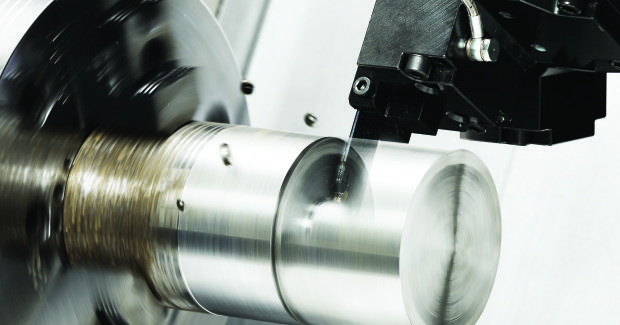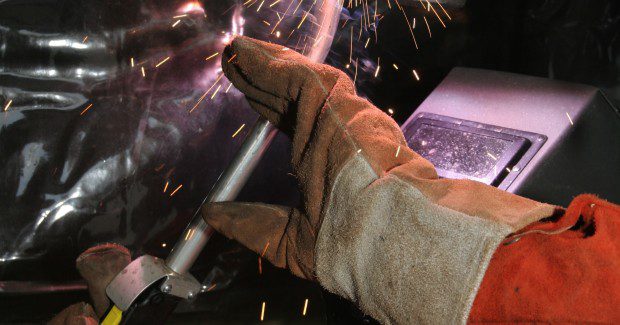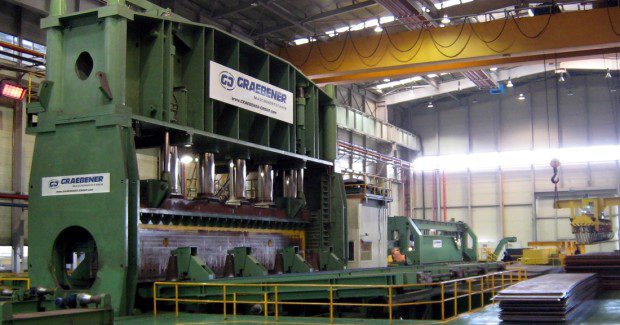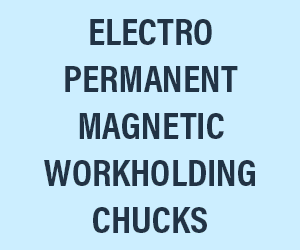State of Manufacturing 2014: Making Progress
Manufacturing employment can grow by more than 300,000 jobs every year and the economy can grow by an additional $1.5 trillion. It all comes down to products, people and policy.
Posted: March 14, 2014
The National Association of Manufacturers
"The President could score a major victory for economic growth by approving the Keystone XL pipeline. It’s now been under review for more than five years, which, by the way, is about two years longer than it took to build the Astrodome. That delay is stopping jobs from being created and exports from being shipped. The State Department has found that the construction of the pipeline will not harm the environment. It issued that finding not once, but twice."
Promoting exports is another key to success abroad, which is why the Export-Import (Ex-Im) Bank must be reauthorized. The Ex-Im Bank makes solid investments that support American jobs. Other countries have similar financing mechanisms — or direct state subsidies — to support exports. Without the Ex-Im Bank, we would be unilaterally disarming ourselves economically.
Boosting our exports also depends on having open access to markets and vigorously enforcing trade rules to prevent our trading partners from gaming the system.
One of the rules that must be a top priority is the protection of intellectual property. America’s competitive advantage is the ingenuity and creativity of our people. It’s unacceptable for companies in foreign countries — like India — to outright steal our intellectual property and for their governments to aid and abet them. It destroys manufacturing jobs here and threatens America’s economic strength. Our trade negotiators need to stand firm against any and all theft of America’s intellectual property.
And who would have thought that in 2014 the United States could make energy an essential element of its trade agenda? We are in a position where we can boost our energy exports by expediting the approval of LNG and coal export terminals. Some are also advocating the export of crude. With the right policies, we can reduce our trade deficit, stimulate job creation and accelerate our move toward a goal that would have been unthinkable just a few years ago: energy independence.
Of course, opening markets is only useful if we have the infrastructure capacity to get products to these new markets and customers. If we are going to continue to lead the world in production, the fundamental arteries of commerce can’t be crumbling and congested. Whether it is infrastructure or any other issue that impacts our competitiveness, Washington also needs to adopt a long-term mindset when it comes to making policy. When businesses make investment decisions, they’re looking at the long-term horizon.
Policymakers need to start thinking the same way. The recent congressional budget agreement provides a nice breather for two years. However, we need a long-term fiscal solution that puts the nation’s finances in order and provides clarity to businesses.
That includes tax reform. America has the highest corporate tax rate among developed countries — a big reason why it’s 20 percent more expensive to do business here than in any other country, before you even account for wage costs. That can scare off investment and lead some companies to operate in lower-tax countries.
Big businesses and small businesses — which often pay tax at the individual rate — need tax reform so they can be more competitive and have more certainty to plan their investments.
And perhaps no issue gives manufacturers more heartburn than health care. The Affordable Care Act was supposed to bring greater savings, more efficiency and more certainty to employers. I think it is pretty safe to say that health care reform is not living up to the hype. Ninety-seven percent of manufacturers offer health coverage to their employees, but the health care law threatens their ability to provide these benefits by forcing them into a one-size-fits-all system.
The health care law isn’t supposed to affect manufacturers with fewer than 50 employees, but I know one who was affected. Staub Manufacturing Solutions in Dayton, OH, which only has 22 employees, saw a 21 percent increase in health care costs last year, and it’s projecting a 91 percent increase this year.
The company’s president made this very obvious statement: “The Affordable Care Act is far from affordable.” If we don’t do something to fix the law, between six and seven million fewer American workers will have employer-sponsored coverage over the next 10 years. That will be the new reality for our workforce.
The facts are startlingly clear. The law, as implemented, will hurt manufacturers and their employees. Take, for instance, what you are facing in additional fees and costs over the next three years: $22.2 billion. That figure is simply added cost — it won’t get that mom on your assembly line one more pediatrician visit or one more prescription filled for your shop floor manager’s family.
We need real solutions that bring down health care costs and give manufacturers and other employers a greater ability to plan for the future, and the NAM is aggressively working with policymakers to see how we change the law to lower costs and expand access to health care.
It’s a long list. But let’s be clear — for America to maintain our mantle of economic leadership, we need policies at the federal level that help manufacturers seize the opportunities before us, not policies that hold us back.
At the NAM, we will continue to do our part to advocate pro-growth policies. Through our legal work, our relationships with Congress and new advocacy campaigns that leverage the power of social media and grassroots networks across the country, we’ll make sure manufacturers’ interests are heard and acted on in Washington.
When you consider where the economy is today, our growth — modest as it is — is a testament to the resilience of our free-market system and our way of life. That way of life began with brave souls determined to make new destinies for themselves in a new land. Starting with 17th-century glassblowers in Jamestown, VA, manufacturing became America’s backbone as we grew to become the most prosperous nation on earth. But like Thomas Jefferson, I prefer the dreams of the future to the history of the past.
Those early adventurers and settlers might be surprised by the way we live today. However, they would recognize the same vital spirit that compelled them to action — the drive to improve, the impulse to create, the determination to never settle for what is, but to strive for what could be.
This burning spirit has been at the core of America’s values and of American industry for centuries, and it continues to power us forward into a future of our own making — a future defined by greater prosperity, by more progress and an expansion of freedom around the world.
Editor’s Note:
This State of Manufacturing address was given on Tuesday, February 25 in Houston, TX, as part of the Greater Houston Partnership’s Thought Leader Series. America salutes the men and women of today’s manufacturers who work every single day to ensure the strength of our nation’s economy and the enduring vitality of the American dream.



















